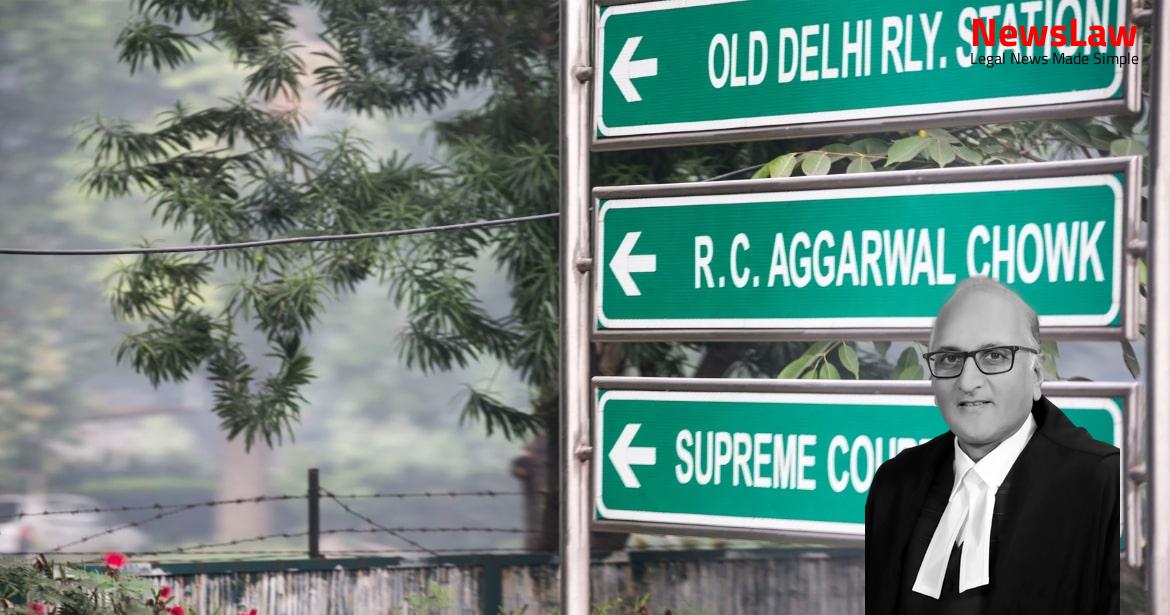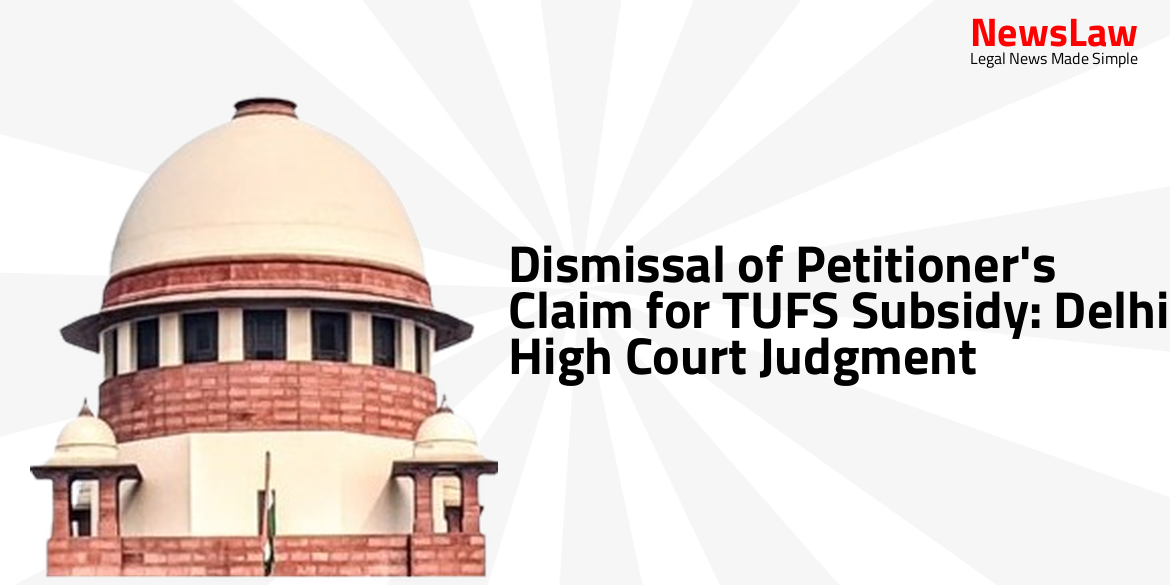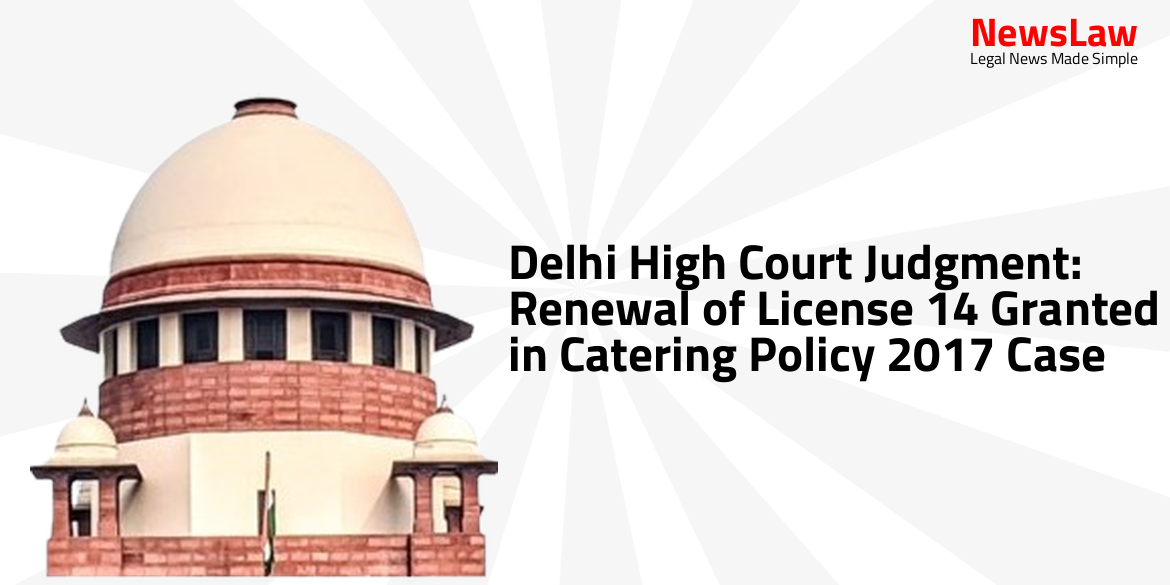The case of Oudh Sugar Mills Ltd. versus the Government of India involved a dispute regarding the zoning placement of the sugar factory in the East U.P. Zone for price determination orders. The High Court’s decision to dismiss the appellant’s writ petition was based on considerations of reasonable classification and expert analysis by the State Government. Discover more about the zoning decision and its impact on the parties involved.
Facts
- The appellant, Oudh Sugar Mills Ltd., sought relief from the High Court under Article 226 of the Constitution of India regarding the placement of their sugar factory in the East U.P. Zone for price determination orders.
- The appellant’s sugar mill was placed in the central zone for fixing the price of levy sugar for the crushing years 1984-85 and 1985-86, while other similar factories were included in the eastern zone.
- The High Court dismissed the writ petition filed by the appellant, stating that the central government’s decision was a policy one allowing reasonable classification.
- The price of levy sugar is fixed for a zone to ensure manufacturers a reasonable return on their production and investments, provided that the units are running efficiently.
Also Read: Interpretation of Will Clauses in Property Dispute
Analysis
- The appellant failed to demonstrate invidious discrimination and statutory violation in being placed in central zone while other units in Sitapur district were in the eastern zone.
- The State Government considered relevant factors before announcing policy and fixing zones, supported by exhaustive expert studies.
- The impugned orders were based on expert analysis and satisfaction of the Government, not discriminatory or unreasonable.
- The factory at Mahmoodabad had higher free sale sugar than normal quota due to a government incentive scheme.
- Sugar units at Biswan and Mahmoodabad were transferred to the eastern zone based on merit adjudged by the State, not district location.
- The appellant cannot claim parity based solely on the common district location, as zonal divisions are not limited by revenue districts.
- After a period, the appellant’s unit was considered feasible to be placed in the eastern zone, showing flexibility in zoning decisions.
- The High Court’s detailed consideration of material led to correct findings in rejecting the appellant’s plea.
- Difference in prices between central and eastern zones does not entitle the appellant to placement in a specific zone as a matter of right.
- Survey report by Bureau of Industrial Cost & Prices regarding zonal patterns was not implemented, impacting zoning decisions.
- Parity cannot be claimed based on other sugar factories in different zones, as levy prices are fixed for zones, not individual factories.
Also Read: Preservation of Open Spaces in Development Plans
Decision
- The appeals are dismissed with no order as to costs.
- 50% of the amount demanded is deposited by the appellant in the Registry.
- For the remaining 50%, bank guarantees are furnished by the appellant.
- The respondent-8 Government is allowed to withdraw the amount covered by deposit as well as bank guarantees and accrued interest thereon.
Also Read: Jurisdictional Limits and Statutory Compliance in Development Planning
Case Title: M/S OUDH SUGAR MILLS LTD. Vs. UNION OF INDIA (2020 INSC 142)
Case Number: C.A. No.-003890-003890 / 2010



